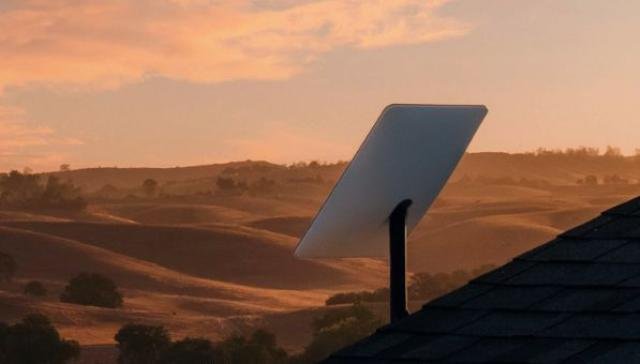The U.S. House Oversight Committee has launched an investigation into the Federal Communications Commission’s (FCC) decision to deny $885.5 million in rural broadband subsidies to SpaceX’s satellite internet service, Starlink.

The FCC had originally awarded the funds to Starlink in a 2020 auction but later revoked the subsidy in August 2022, citing concerns over the company’s ability to meet program requirements, Reuters news report said.
The latest Ookla report says Starlink’s satellite internet service provides consistent speeds in rural areas, with download speeds ranging from 25–220 Mbps and upload speeds ranging from 5–20 Mbps. Starlink’s Internet speeds are suitable for most internet activities, including streaming, gaming, and downloading large files.
House Oversight Committee Chair James Comer, a Republican, requested that the FCC provide documents related to the decision by October 21, questioning whether the agency’s decision-making process was impartial or potentially influenced by political motivations. The committee is aiming to ensure that the FCC followed proper procedures in its ruling.
In response, the FCC reiterated that its decision to deny Starlink the subsidy was based on the company’s failure to demonstrate that it could deliver the promised high-speed internet service to rural areas. The FCC had raised concerns about Starlink’s ability to meet speed standards and pointed out that the service required customers to purchase a $600 dish to access the internet, which could be a barrier for rural households.
Elon Musk, SpaceX’s CEO, has been critical of the FCC’s decision, calling it “illegal” and arguing that Starlink’s internet service could have been vital during emergencies, such as providing aid to North Carolina during Hurricane Helene.
Despite Musk’s objections, FCC Chair Jessica Rosenworcel told Congress in February that performance data showed Starlink struggled to meet basic speed requirements for the subsidy program. However, two Republican FCC commissioners dissented from the decision, claiming that the agency was unfairly holding SpaceX to targets set for 2025.
The dispute comes as Starlink continues to dominate the satellite internet market, with the company operating nearly two-thirds of all active satellites globally. FCC Chair Rosenworcel emphasized the need for more competition in the space industry, arguing that monopolies do not benefit the economy and that more companies should be encouraged to develop satellite constellations and innovations.
The outcome of the House Oversight Committee’s investigation could have significant implications for SpaceX’s future participation in government subsidy programs and the broader rural broadband expansion efforts.
Baburajan Kizhakedath
